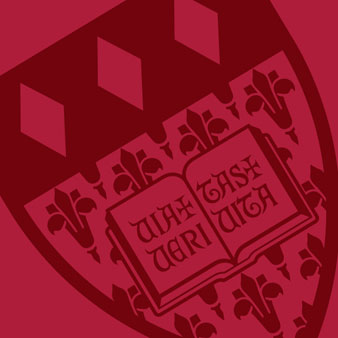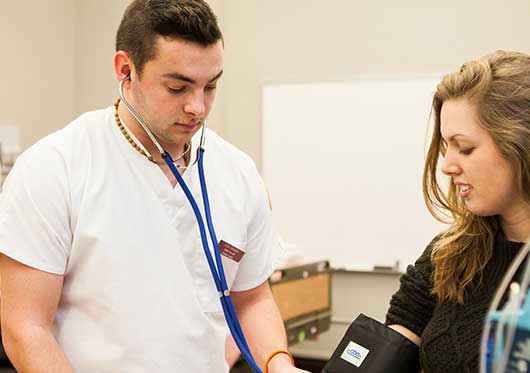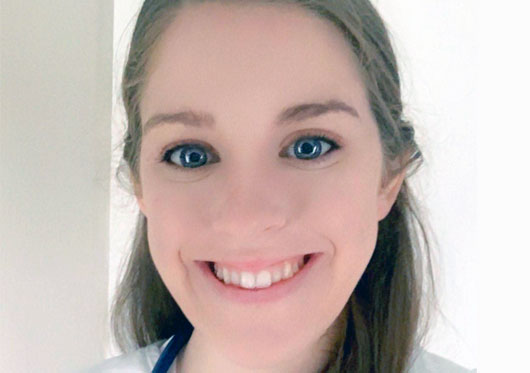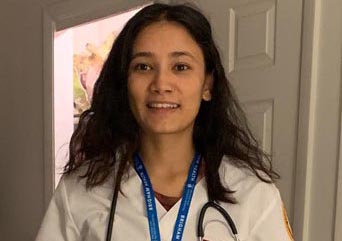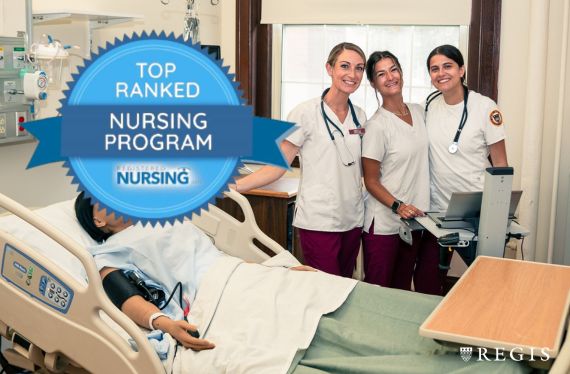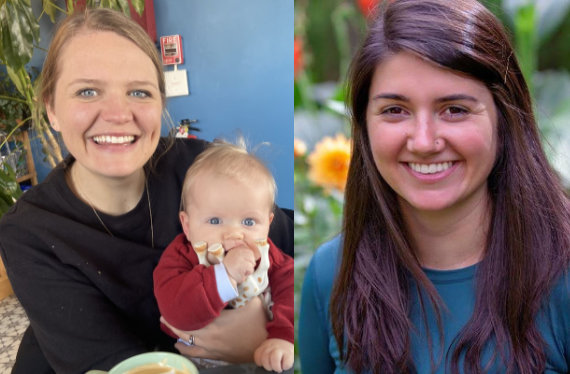Did you ignore your long-time passion, hoping another career would be as fulfilling as nursing? If so, now is your chance to change the path you are on and leverage your previous bachelor’s degree to become a bachelor's-level nurse in just 16 months! We invite you to download the 16-month ABSN flyer to view a sample schedule, hear what a student has to say about their experience, and more!
Federal Loan Updates: What They Mean for You and How We Can Help
Why Earn Your ABSN at Regis?
Why Become a Registered Nurse?
If you’re looking to make a difference and save lives while enjoying high job security and impressive benefits, nursing is for you.
It’s no secret that qualified registered nurses are in high demand. According to the Bureau of Labor Statistics, the projected growth of registered nurse jobs is nine percent from 2020 to 2030. Registered nurse is also ranked as a top job by the U.S. News and World Report.
A BSN will help you to take your career to the next level while educating you to make a meaningful impact in the lives of others.
How to Become a Registered Nurse With a Bachelor’s Degree
Our Accelerated Bachelor of Science in Nursing (ABSN) program is designed for career changers, new graduates, and many others who want to get a second bachelor’s degree and pursue their goal of becoming a nurse. Building upon the undergraduate courses that you have already taken, you can jump directly into your nursing courses in the ABSN program.
This full-time, accelerated program located on our Weston, Massachusetts campus takes only 16 months to complete. NCLEX-style exams are embedded in every clinical course to help sharpen your critical thinking and prep for licensure or certification. A comprehensive predictor exam in your final semester helps you assess readiness. Upon completion of the program, you’ll be able to sit for the NCLEX examination, become a registered nurse, and immediately enter the workforce.
Program Starts
- Fall - September
- Spring - January
Application Deadlines
Fall Application Deadlines
- Priority Deadline: December 15
- Preferred Deadline: March 15
Spring Application Deadlines
- Priority Deadline: October 15
- Preferred Deadline: November 15
Rolling admission after the preferred deadline. On a space-available basis, qualified applicants are encouraged to apply after application deadlines and will be reviewed as received and completed following the deadline.
Quick Facts About the ABSN Program
* Does not include fees. Based on the academic year 2025-2026. Cost per credit and total cost subject to change.
Academic Experience
Clinical placements at Boston’s most elite hospitals, including Massachusetts General, Brigham and Women's, and Boston Children's Hospital, allow you to apply your classroom knowledge and experience directly in a healthcare setting. Learning hands-on and providing direct patient care in a variety of settings, will enable you to hit the ground running with an exceptional resume and confidence in your clinical skills.
Program Objectives
- After graduating from Regis, one of the region's top nursing programs, you are fully prepared to sit for the NCLEX examination and work as a registered nurse.
- In less than a year and a half, you can become a registered nurse.
- Small classes with individual faculty mentorship.
- Simulation experiences include high-fidelity manikins and standardized patient scenarios.
Frequently Asked Questions About the ABSN Program
-
What is the difference between the Accelerated BS in Nursing and the 24-Month BS in Nursing?
At Regis College, we offer two different degree programs for non-nurse college graduates. The accelerated 16-month BS in Nursing is a full-time, accelerated program located on campus, while the 24-month BS in Nursing is a fully online program.
Both the curriculum and costs for these two programs are identical. The primary difference between the two is simply the pace at which each program can be completed.
-
What are the prerequisite requirements for the Accelerated BS in Nursing?
There are seven prerequisite courses that may be completed at either Regis or any two or four-year institutions. We encourage applicants to complete four of the seven prerequisite courses (preferably the physical sciences with labs) in order to be reviewed for admission. All prerequisites must be completed with a B- or above before the start of the program.
-
Is financial assistance available for the Accelerated 16-Month BS in Nursing?
Students enrolled in Regis College’s second bachelor programs are eligible to apply for undergraduate federal aid. Find out more about financial aid.
